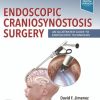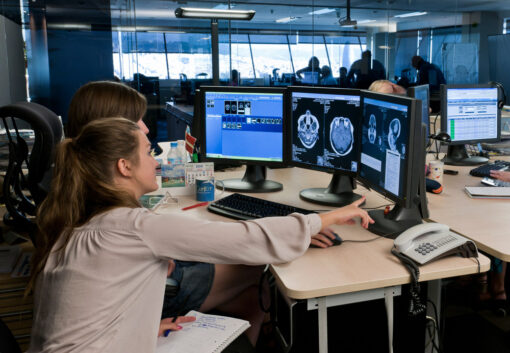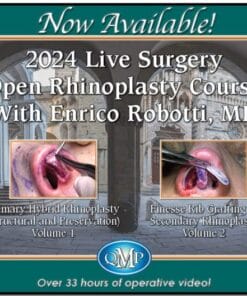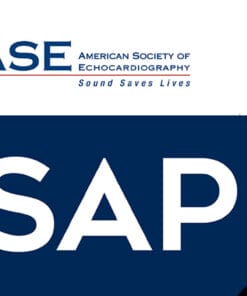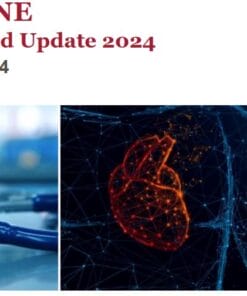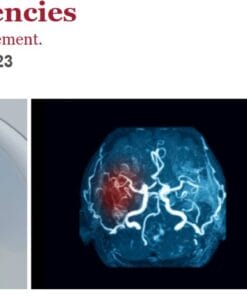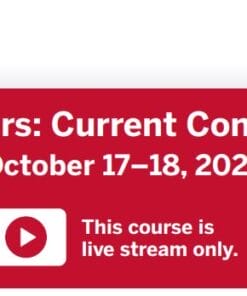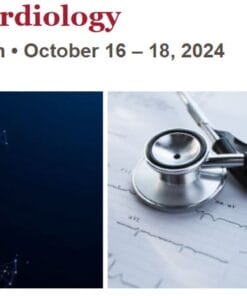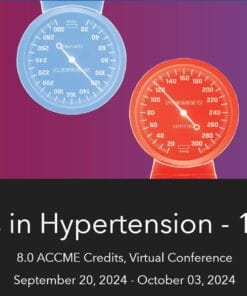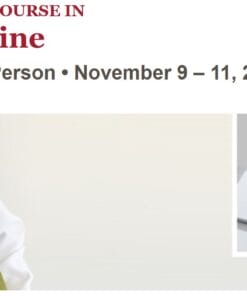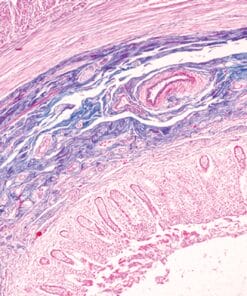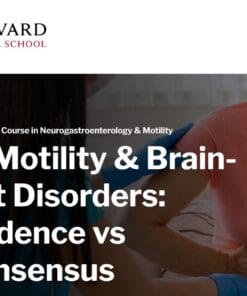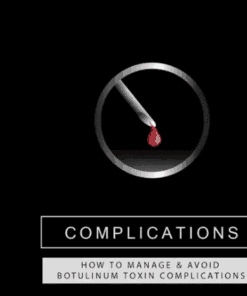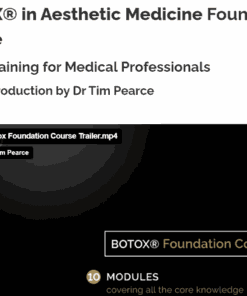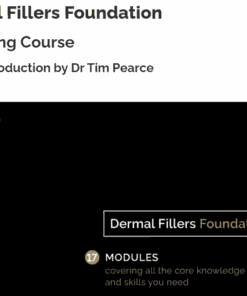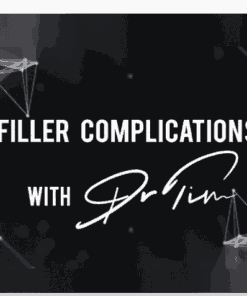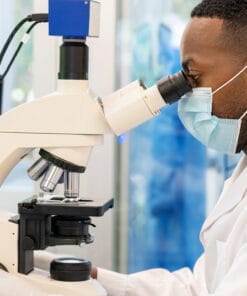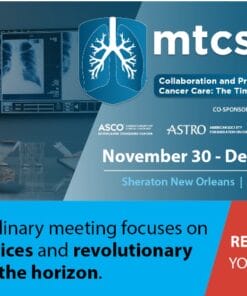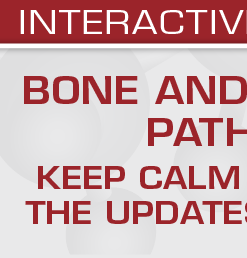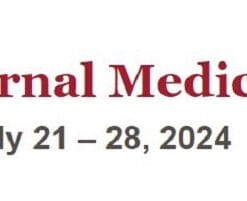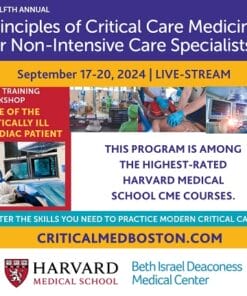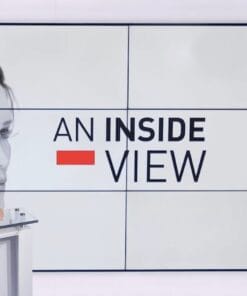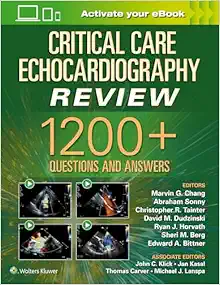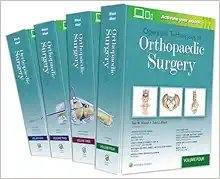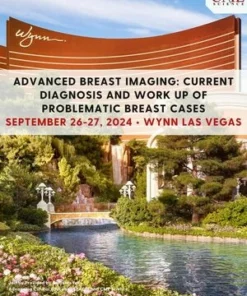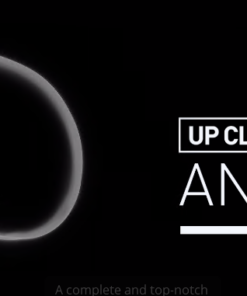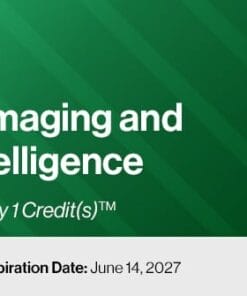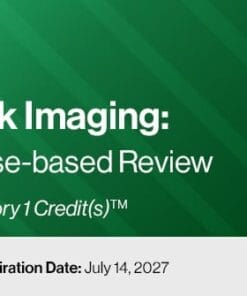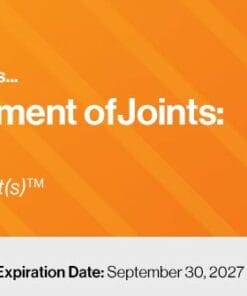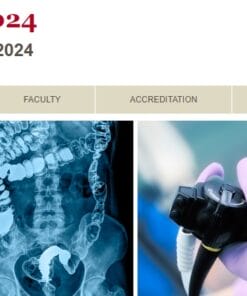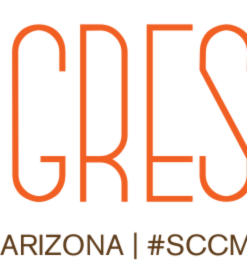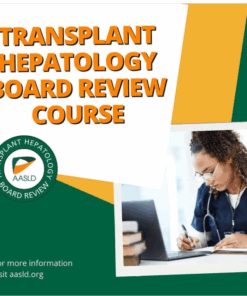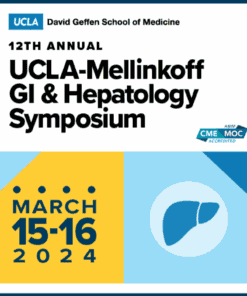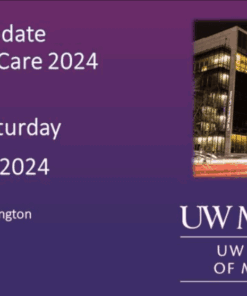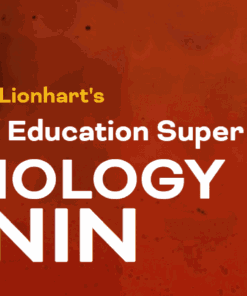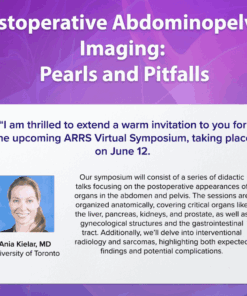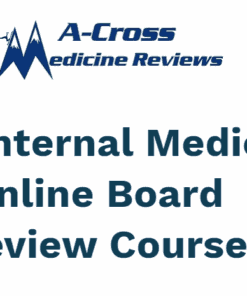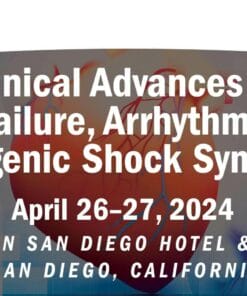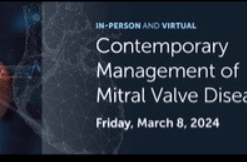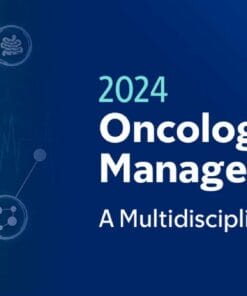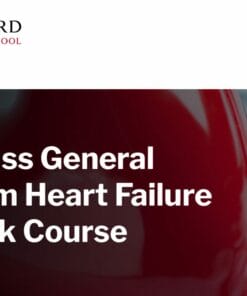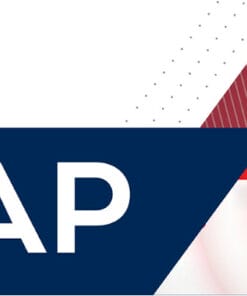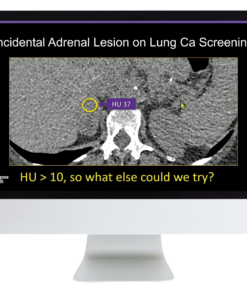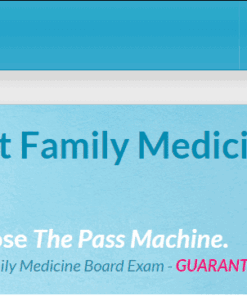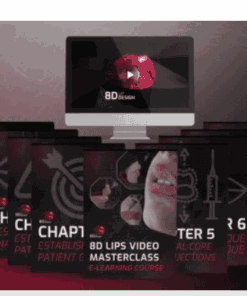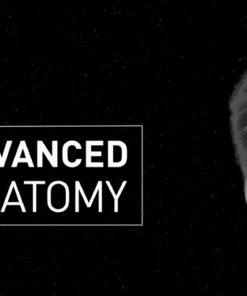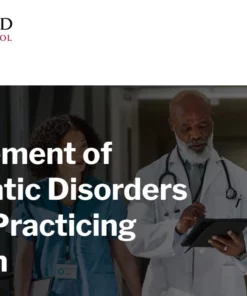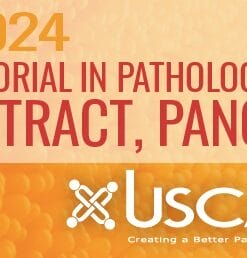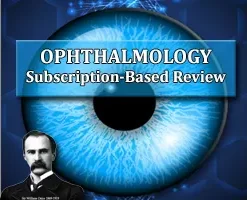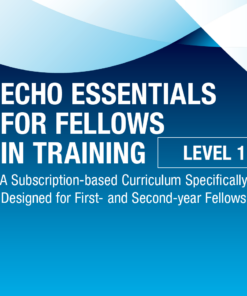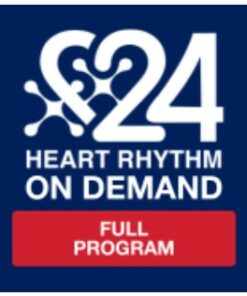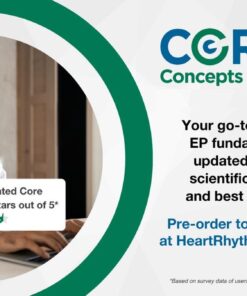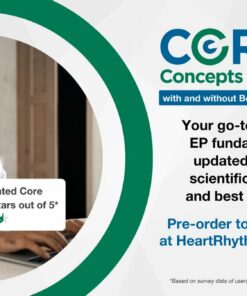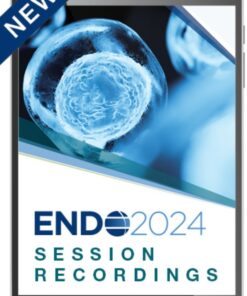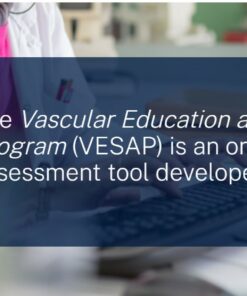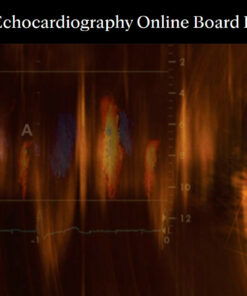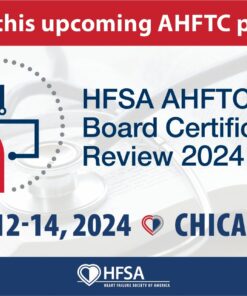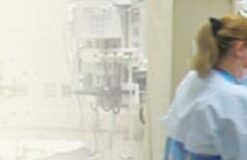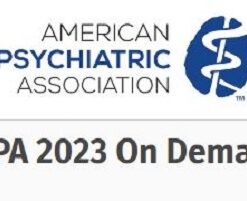TMC Academy is the training department of Telemedicine Clinic (TMC), the European leader in teleradiology and telepathology services.
With over 350 experienced sub-specialist radiologists, TMC’s collective knowledge base is massive.
Consistent with TMC’s mission of lifting world radiology standards through knowledge sharing, we are proud to offer radiologists outside our organisation the opportunity to benefit from our expertise via TMC Academy.
Content :
– Abdo Thorax
– A Practical Approach to Breast MRI
– Abdominal injuries the role of computed tomography
– Abdominal vascular emergencies
– Algorithmic approach to characterisation of adnexal masses on MRI
– An introduction to post mortem forensic radiology
– Colon screening and role of CTC
– CT and MRI anatomy of the rectum imaging landmarks
– CT and MRI of focal liver diseases I
– CT and MRI of focal liver diseases II
– CT and MRI of focal liver diseases III
– CT and MRI of focal liver diseases IV
– CT of abdominal postoperative complications
– Differential diagnosis of incidental liver lesions 1
– Differential diagnosis of incidental liver lesions 2
– Disorders of the adnexa
– HRCT
– Imaging diagnostics of abdominal injuries
– Imaging evaluation of ovarian masses
– Imaging of the biliary tree
– Kidney space occupying lesions
– Liver MRI. Detection and characterization
– Lung cancer screening
– MR of the liver in brief
– Pancreatitis and pancreatic cancer
– Pancreatitis and Pancreatic Tumours
– Polytrauma CT technique and indication
– Preoperative staging of rectal cancer
– Rectal cancer MRI diagnosis
– Small bowel MRI and ultrasound
– The current role of MRI for Prostate Cancer
– The role of MRI in endometriosis
– Tumour response to treatment RECIST and beyond
– Artificial Intelligence
– Let’s play with convolutions Build and train a Neural Network in 45 minutes
– Radiomics Technical aspects and clinical applications in oncological use cases
– Rethinking radiology career in the digital age
– Emergency
– Abdominal bleedings in the on call setting
– Abdominal inflammatory conditions and decompression planes
– Contemporary Acute Stroke Management A Radiologist take
– Facial trauma 1
– Facial trauma 2
– Gastric by pass complications
– Imaging of abdominal aorta aneurysms in emergency
– Imaging of appendicitis
– Imaging of head trauma
– Imaging of neck emergencies
– Imaging of paediatric trauma
– Imaging of the acute abdomen
– Less familiar stroke patterns
– Multi trauma imaging strategies
– Non traumatic chest emergencies
– Pulmonary embolism
– Vascular abdominal emergencies
– MSK
– Groin pain in athletes
– Imaging of road cycling Injuries
– Imaging of rugby injuries
– Imaging of the hip
– Imaging of the knee with reference to sports injuries
– Imaging of thoracic cage injuries
– MRI of inflammatory arthritis 1
– MRI of inflammatory arthritis 2
– MRI of stress fractures and other overuse injuries
– MRI of the elbow 1
– MRI of the elbow 2
– MRI of the finger
– MRI shoulder I Rotator cuff
– MRI shoulder II Rotator cuff
– MRI wrist 1
– MRI wrist 2
– Role of CT and MRI in Arthrography
– Soft tissue and bony tumours of hand foot
– Neuro
– Advanced MRI Diffusion
– Advanced MRI Perfusion
– Bilateral Symmetric Deep GM Lesions
– Dementia imaging Normal pressure hydrocephalus NPH and other reasons for wide ventricles in the elderly.
– Dementia Imaging Scoring and structured reporting with a clinically relevant conclusion
– Frequent malformations of brain development how can we find them
– Grey matter atrophy in MS. Is it a solution for clinico radiological paradox
– Head injury
– Hydrocephalus
– Imaging movement disorders
– Imaging of the Pituitary and Sella
– Imaging of the sella pituitary region
– Interesting cases 1
– Interesting cases 2
– Introduction Dental Imaging
– L-Spine Degenerative Changes 1
– L-Spine Degenerative Changes 2
– Multiple Sclerosis
– Neuroimaging in dementia
– Neuroimaging in Epilepsy
– Paranasal Sinus
– Pearls and pitfalls in paediatric neuroradiology
– Pediatric epilepsy
– Presurgical FMRI and DTI in epilepsy patients
– Spinal Cord Tumors and Diff Dg
– Temporal Bone Anatomy
– Temporal Bone Malformations
– Temporomandibular Joints
– Trigeminal nerve anatomy Illustrated using examples from Imaging Pathology



